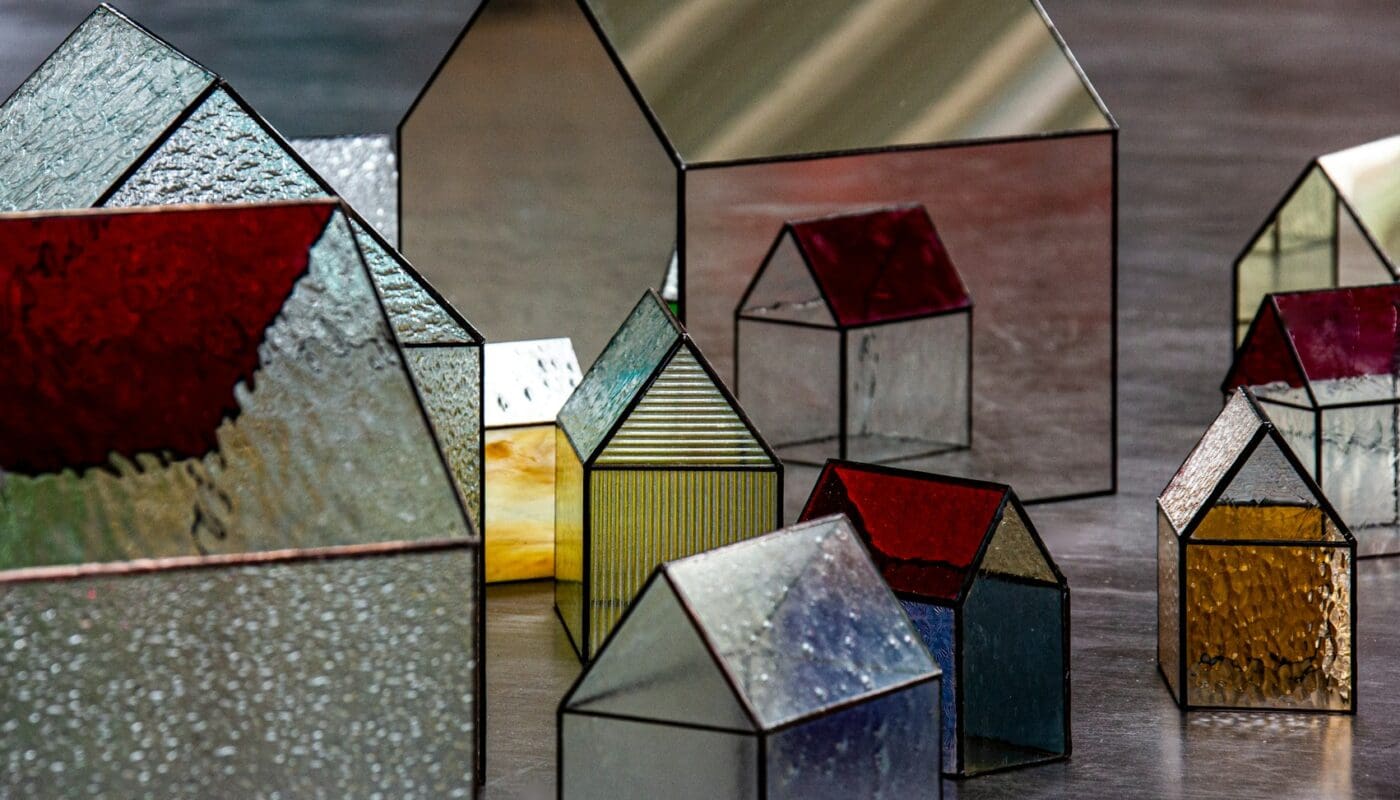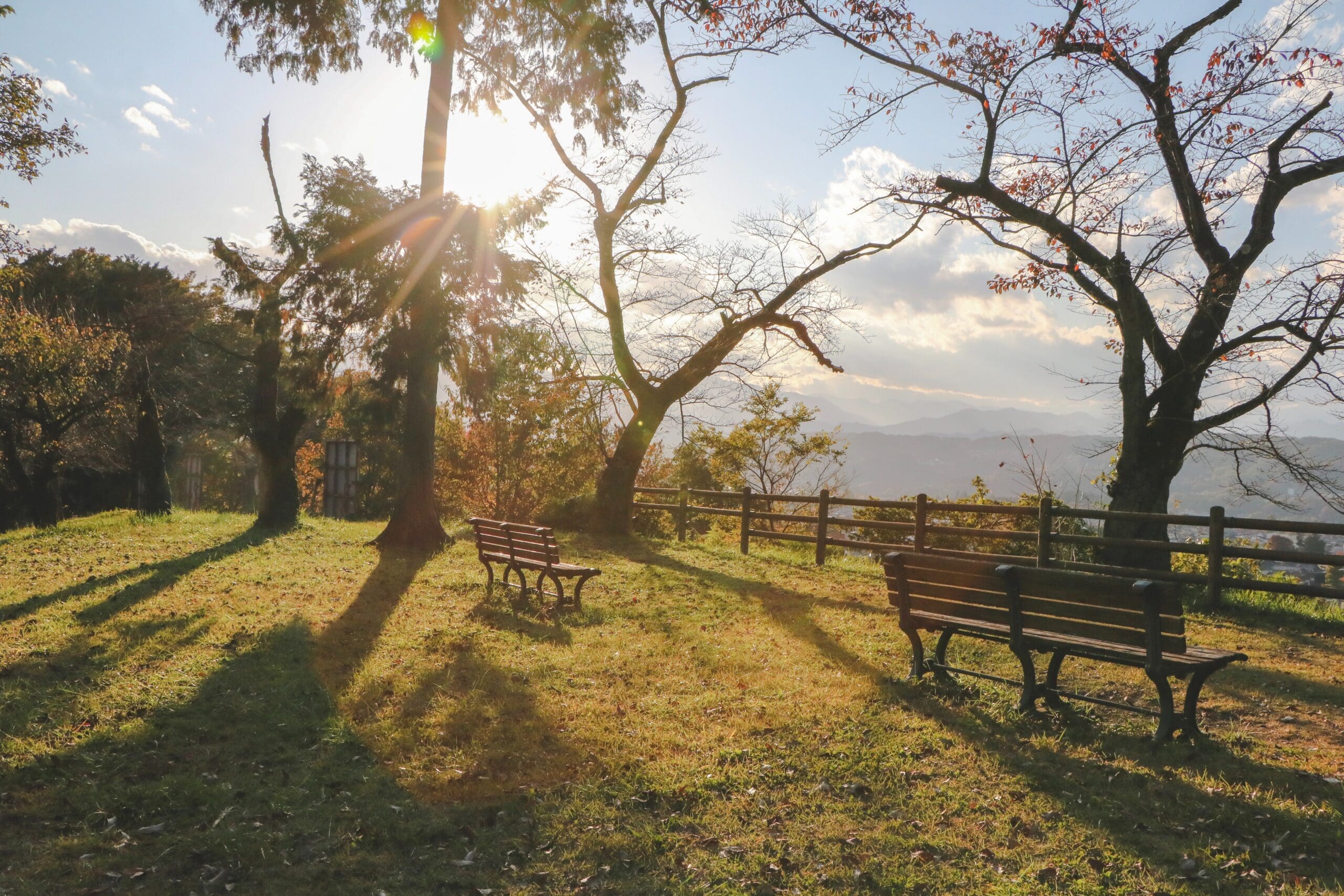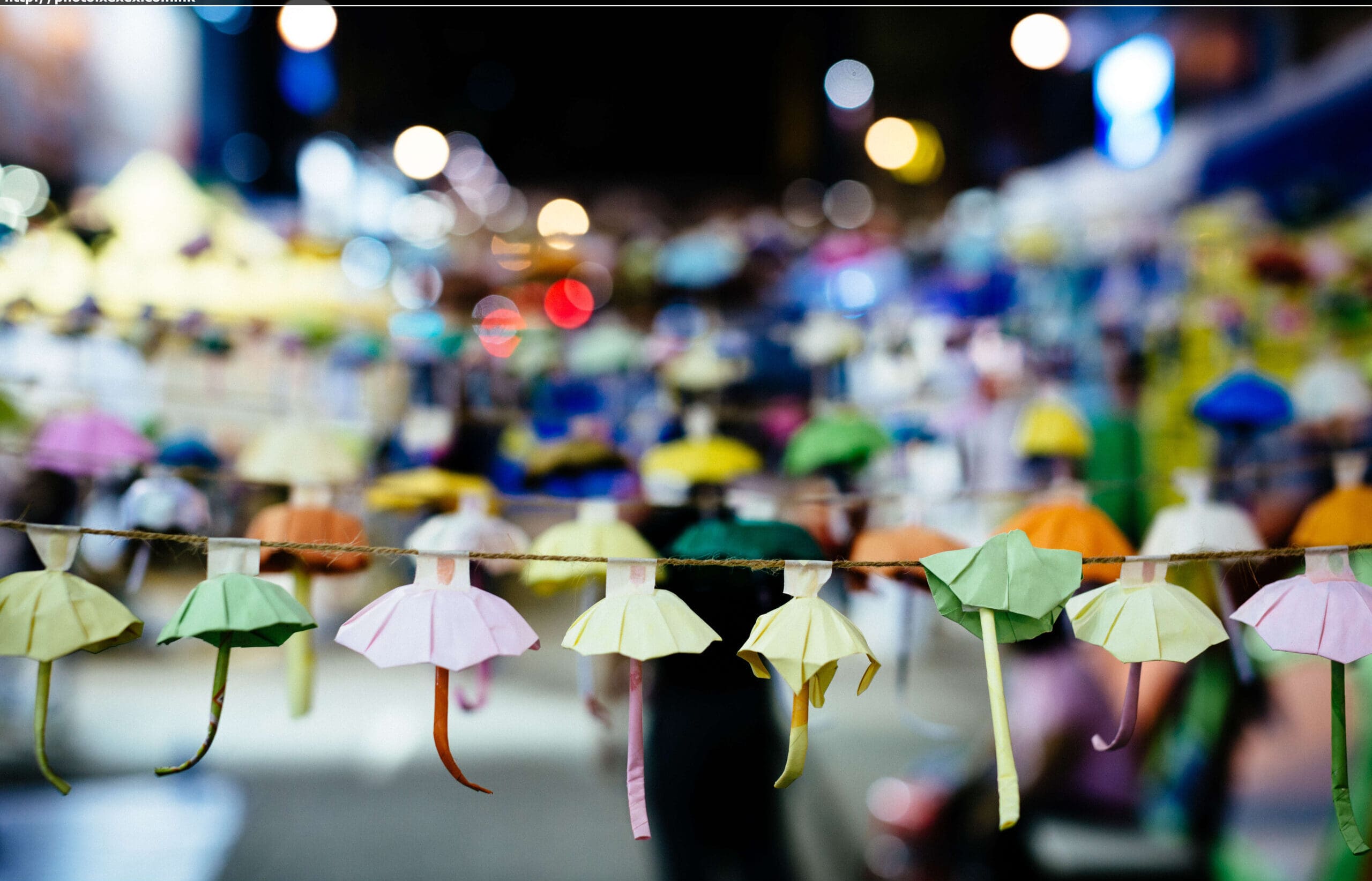The first night the Woman joined the Man, she appeared to be shy. It was clear the house was new to her because she stayed rooted to her seat on the couch and stared into her wine glass when he left the room. Like the Man, she appeared oblivious to the absence of walls. Standing in my usual spot observing the house, I kept willing her to look my way. Strange. With the Man, I worried he could feel me standing across the street studying his life. It had taken several visits to assure myself that I was the only one aware of this phenomenon. But the Woman was interesting to me in a new way. I yearned for her to notice me.
I’ve walked the same route in my neighborhood twice a day since March. In the mornings, I walk with my family to give some kind of shape to our early hours. The night walks serve an entirely different purpose. Illuminated windows reveal kitchens, living rooms, and a few bedrooms in the darkness. People willingly reveal their tastes, pastimes, and the general state of their psyches. One of my neighbors never leaves her kitchen, no matter the hour. Another family has made the entire house into a playroom for their children. Toys and crafts are on every visible surface, even pasted to the windows. Now that the sun sets later, I walk alone, the kids are in bed, and my husband sits in the front room, the lights on. Perhaps someone has noticed him reading in the same spot every night or the carefully curated walls of art and pottery. He hopes they will see these details, but perhaps they’re looking for something else.
The house that lost its walls did not start as one of the more interesting homes. Frankly, I considered it a sad, mean little house and guessed its occupant was lonely and nurtured few interests. The car was boring. While mowed regularly, the lawn lacked even a bush to break the monotony. The house itself was a faded green with two windows, a door facing the street, and a second floor with two windows. As a child, I drew houses of this exact shape, but an accurate drawing would require gray clouds and giant raindrops. This house would not warrant a cheerful sun in the top right corner or a cat in the window.
Nothing appeared out of the ordinary as long as my walks included the family, but the house revealed itself to me on my first night alone. The night was warm, and I stopped to shed my sweater. I noticed that the curtains were open in the front room. I couldn’t remember looking in before. There was no art on the walls – not a surprise – but the room held respectable furniture arranged as if for company: a sofa, a chair, a floor lamp, and a simple rug. Or perhaps it looked more like a set for a play, an earnest production with a very small budget.
The Man walked into the room, carrying dinner. He sat, turned on the TV, which I could now clearly see, and got comfortable. It was then that I realized nothing was obstructing my view. I could see this room and the kitchen he had just left. The kitchen was immaculate, exposing no evidence that it had been used. I looked again at the man and watched him as he ate his meal. I think there’s a type of person who would find him handsome. Light brown hair with an inoffensive style. Fair, without even a trace of stubble. He still had his cheekbones and chin. He sat, feeding himself, his eyes never leaving the television. I watched his jaw work as he consumed his meal. I tore myself away, overcome with an urge to return to my family.
We walked our usual route in the morning, and the house appeared just as solid as the others. The curtains were drawn, and the car was gone. Compared with the surrounding homes and evidence of their beautiful, messy lives, the house looked dead.
That evening, I was impatient to get to the house. On this night, the house revealed itself to me without pretension of modesty. From a block away, I could see that the walls really had vanished. Everything within the house was exposed. I could see the interior walls with the roof floating above them. Without the drab walls, the place had become a beacon. Light shone from all sides and lit the neighbors’ trees and bushes, yet nothing else had changed. It was indeed a breathtaking sight as if a full-size doll house had been left out for my pleasure alone.
The Man worked in the kitchen, oblivious to the state of his home. The glow from the house reminded me of a fish tank with the same rippling quality of light. While the house had appeared sterile to me the night before, now the absence of personal artifacts lent it an aura of purity. The Man cut some vegetables in the kitchen and added them to a steaming skillet. Within this dream of a house, the Man was a flaw.
Across the street, I found I could make myself inconspicuous by leaning on a retaining wall under a tree. Standing there, I thought about taking up smoking, if only for the excuse of standing around on the street. I’m not one to know what to do with my body, and I struggled for a while, but I stayed and watched him prepare his dinner. I could find no personal touches beyond his microwave and coffee maker. No trivets. The towels were plain. The refrigerator bare. I thought of my own fridge littered with kids’ drawings and old notes.
Was he listening to something? I couldn’t tell, and it seemed impossible it would be of interest if he were. How could he enjoy a song if he couldn’t pick out a simple coaster?
The Man appeared to stick to a strict schedule. If I arrived too early, the house revealed nothing. Later, he was in front of the television. Too late, and the house was dark. Every other house was teeming with life and delightful rhythms. The lives within them felt organic to me. Why was this sad house with this one regimented life the one revealed to me?
In those days before the Woman, I spent daylight hours observing my loved ones. I found the choices they made to be fascinating. The enchanting expressions on my children’s faces when they thought they were being serious or stern. The way my youngest crossed his legs while reading. My elder son’s back was so straight and blemish-free, and I found his bird-like shoulder blades to be achingly beautiful. When my husband let himself delight in our pets, I saw the little boy whose heart could still be slain by the soft and sweet.
I loved the essence of these people. And yet, my reveries were often slashed by their mundane demands. The boys played with their father, and all three seemed happy to leave me alone to do whatever I wanted until it was time for me to produce a meal or some clean clothes—the months of unending family time had spoiled my men.
So when I saw the Woman, something stirred in me. How long had it been since I’d been able to sit with a friend? I saw her sit awkwardly, and I felt her worry and anxiety. I wondered if she genuinely liked this Man or if she agreed to this date just as a means of breaking the monotony. As I wondered, watching her hold herself in, she looked up at me. She met my gaze and gave me the slightest nod. Her shoulders relaxed just a bit.
In the coming nights, I watched her progress. She was growing more comfortable in this home, with the Man, and with my visits. Every night, I noticed a new touch in the house. A colorful throw. A magnet. A painting on the wall. She started digging a garden, and the signs of her presence bled into my morning walks. Every night, I would wait for her to see me. She would smile, and I received this acknowledgment as if it were a kiss.
The Man didn’t appear to change in all these evenings, and I never overcame my initial dislike. He remained impassive and vacant as the house took on life and beauty. How could she stand him, I wondered. She didn’t seem particularly interested in him, for that matter. Perhaps the strangest part was how she changed. In the beginning, she had been just as pale and bland as the Man, but she was radiant by the end of our time together.
It ended abruptly. The last evening I saw her, the house was throbbing with light. The clutter of art and life seemed like it would fall right out of the open walls. I did not see him that evening, but she stood in the living room and fully faced me. She beamed and waved to me. Her delight was so pure that I wished she had invited me in, but she was beyond me. I would have nothing to offer such a person.
I did not know that would be the last night the house would let me in, but I noted in the morning that she had added a fresh new bed in the already lush garden. The dog pulled at his leash to sniff the raw, turned soil. My family and I stood momentarily and discussed what she might plant there. I suggested roses. My husband quipped it was a rather large bed; perhaps she’d already planted a body.
Jenn Haase Vetter (rhymes with sassy cheddar) is a teacher and writer living in the Pacific Northwest. Her work has appeared in Masque & Spectacle, Grim and Gilded, and Moon City Press.




